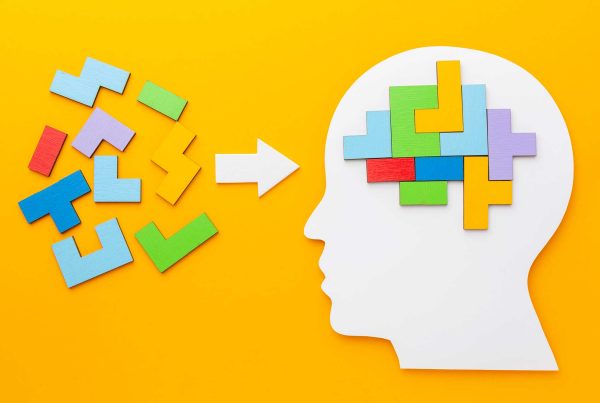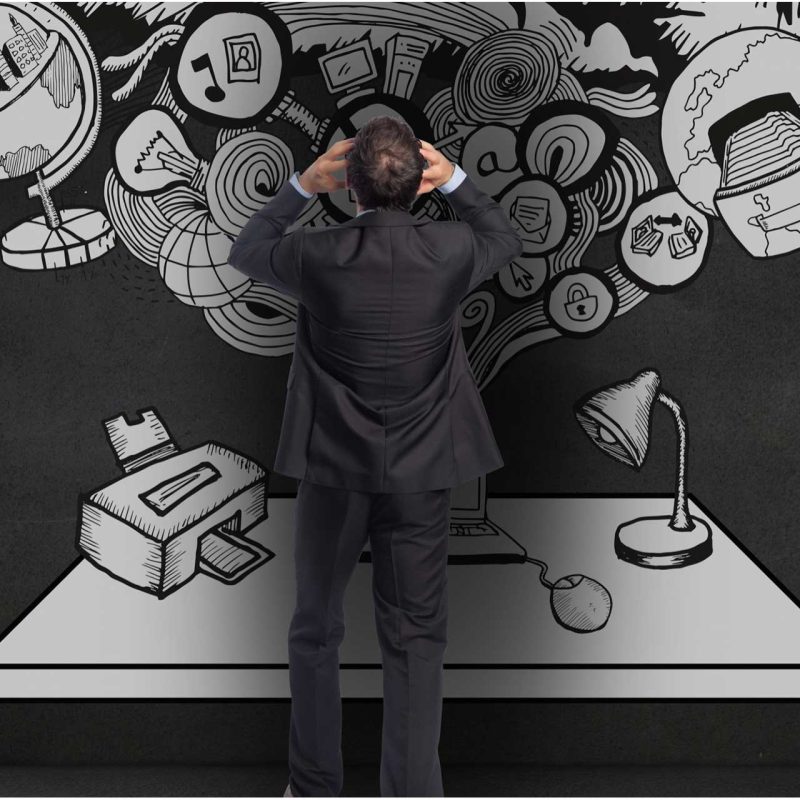 LOGIC
LOGIC
 LOGICAL POSITIVISM
LOGICAL POSITIVISM
LOGICAL POSITIVISM
 MEDIEVAL PHILOSOPHY
MEDIEVAL PHILOSOPHY
MEDIEVAL PHILOSOPHY
 RATIONALISM
RATIONALISM
RATIONALISM
 MODAL LOGIC
MODAL LOGIC
MODAL LOGIC
 NATURAL PHILOSOPHY
NATURAL PHILOSOPHY
NATURAL PHILOSOPHY
 THE FRANKFURT SCHOOL
THE FRANKFURT SCHOOL
THE FRANKFURT SCHOOL
 CRITICAL THINKING AND LOGIC TEXTBOOKS
CRITICAL THINKING AND LOGIC TEXTBOOKS
CRITICAL THINKING AND LOGIC TEXTBOOKS
 PYTHAGOREANISM
PYTHAGOREANISM
PYTHAGOREANISM
 THE POSITION PAPER
THE POSITION PAPER
THE POSITION PAPER
 THE SOPHISTS
THE SOPHISTS
THE SOPHISTS
 CLASSICAL PHILOSOPHY
CLASSICAL PHILOSOPHY
CLASSICAL PHILOSOPHY
 BIOETHICS
BIOETHICS
BIOETHICS
 SCHOLASTICISM
SCHOLASTICISM
SCHOLASTICISM
 MANY-VALUE LOGICS
MANY-VALUE LOGICS
MANY-VALUE LOGICS
Logic
Books
-
Be Mentally Strong During Tough Times: A Motivational Guide on How to Reduce Stress, Gain Self-Confidence and Thrive
$9.95 -
Free Will [Deckle Edge]
$7.99 -
Creative Visualization: Use the Power of Your Imagination to Create What You Want in Your Life
$10.99 -
Discourses and Selected Writings (Penguin Classics)
$15.99 -
Confessions (Hackett Classics)
$38.00 -
Tao Te Ching: The Essential Translation of the Ancient Chinese Book of the Tao (Penguin Classics Deluxe Edition)
$11.89 -
Song of Circe & On the Composition of Images: Two Books of the Art of Memory (Collected Works of Giordano Bruno)
$18.00 -
How Postmodernism Serves (My) Faith: Questioning Truth in Language, Philosophy and Art
$32.00 -
The Guide of the Perplexed (Hackett Classics)
$40.00 -
The Kierkegaard Collection
$7.99 -
Thomas Aquinas: Selected Writings (Penguin Classics)
$18.00 -
Life of Qi: The Science of Life Force, Qi Gong & Frequency Healing Technology for Health, Longevity, & Spiritual Enlightenment.
$17.62 -
The Manual: A Philosopher’s Guide to Life
$16.99 -
Classical Islamic Philosophy
$46.95 -
Spark Joy: An Illustrated Guide to the Japanese Art of Tidying
$19.13
The Atomos Blog
Philosophy of Law: An Introduction
Philosophy of Law: An Introduction
Philosophy of Science: An Introduction
Aesthetics: An Introduction
Epistemology: An Introduction
Ethics: An Introduction
Logic: An Introduction
Metaphysics: An Introduction
Philosophy of History: An Introduction
Philosophy of Language: An Introduction
Philosophy of Mind: An Introduction
Philosophy of Technology: An Introduction
Political and Social Philosophy: An Introduction
Environmental Philosophy: An Introduction
Existentialism and Phenomenology: An Introduction
Feminist Philosophy: An Introduction
Philosophy of Mind: An Introduction
Terms & Concepts

Causal interactionism

































































